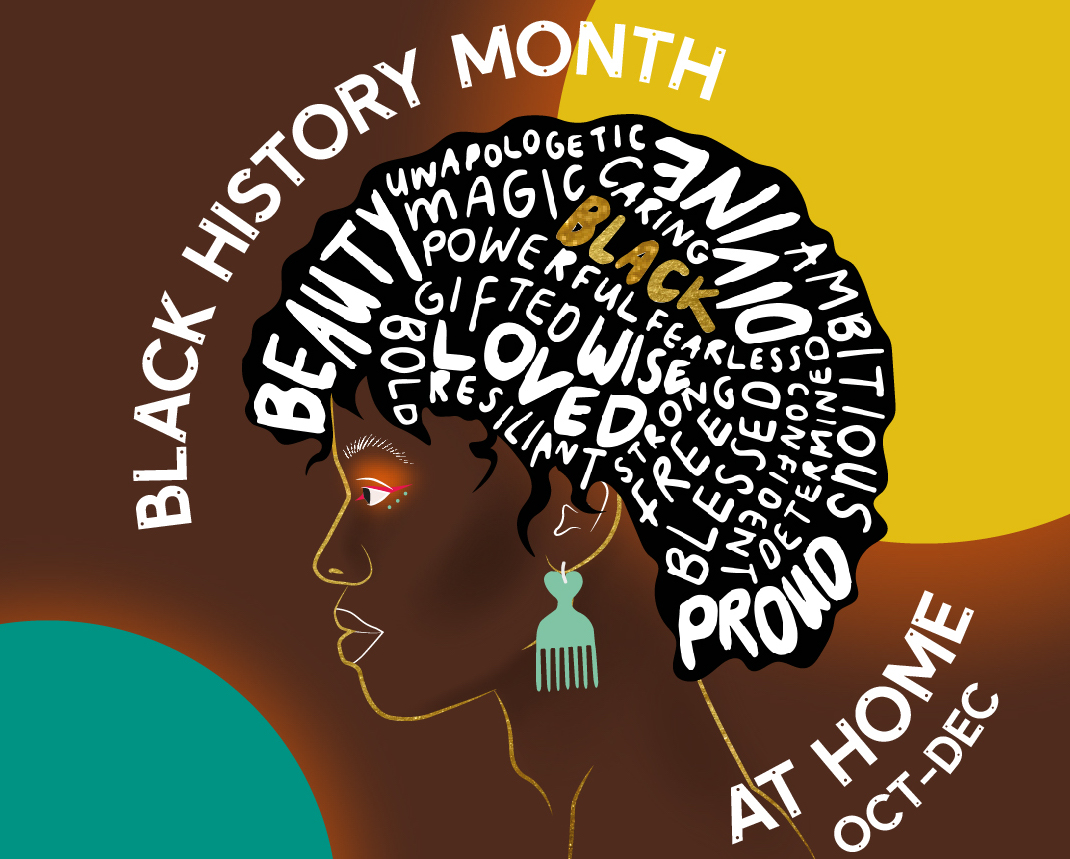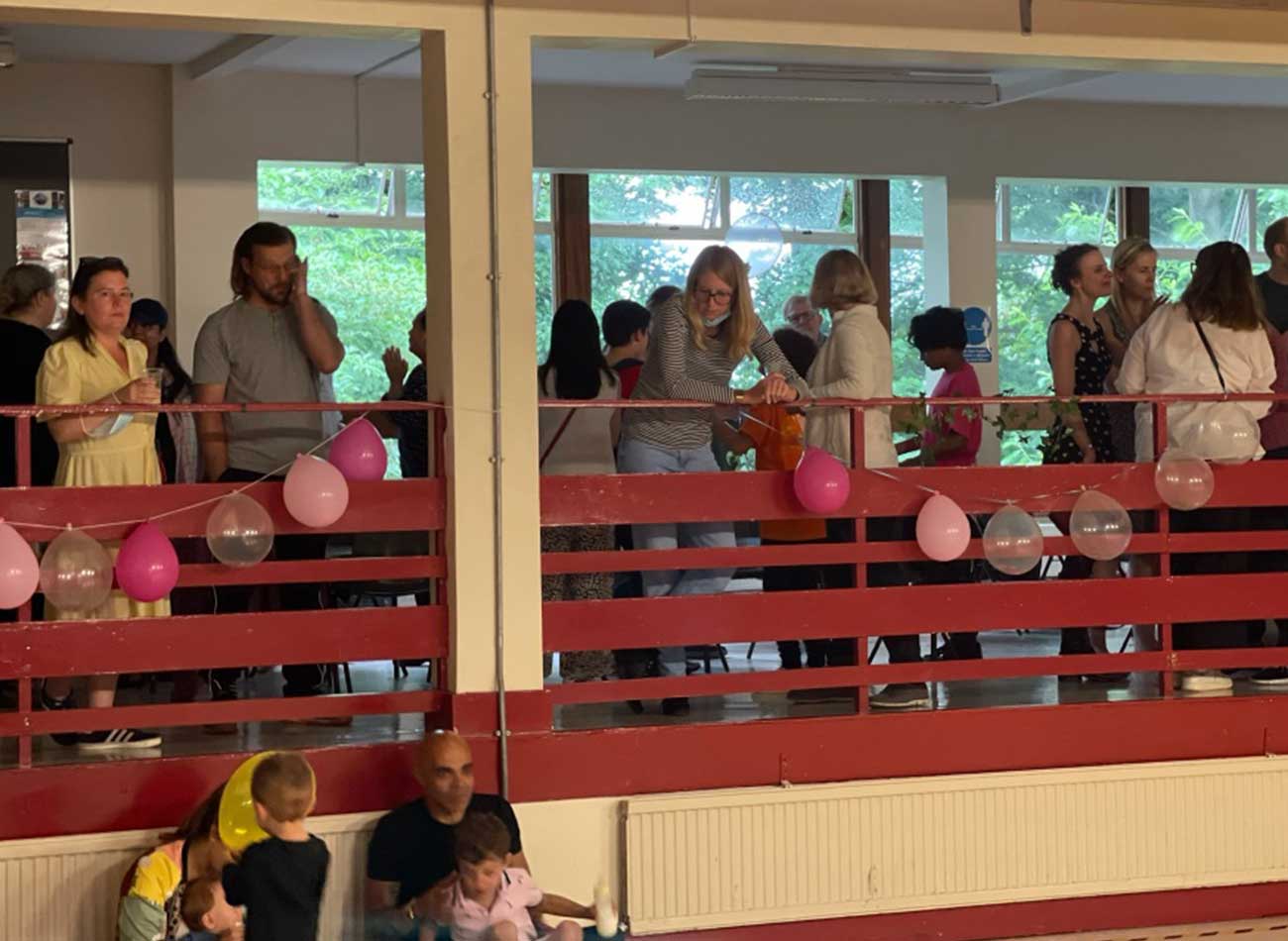
Black History Month
There is a genuine desire across the industry to increase the representation of BAME communities in classical music. There are so many wonderful composers out there from every type of background and so many organisations wanting to change things.
We think that, at last, there is widespread recognition and a yearning for an acknowledgement that every sort of music is for everybody. Yet, still so many children are still put off by the fact that they do not see themselves represented in classical music.
To be a classical musician is an elite training. You can’t just pick up, say, a violin at seventeen years old and expect it to be astonishing. You have to start young.
There should be no apology for elitism.
We love the Olympics, we loved Usain Bolt, but he had elite training and that is as it should be. To be a world-class classical musician you have to be 100% dedicated and taught by the best teachers. It won’t happen through a few workshops in schools or occasional outreach projects, which are great, but which can never be a substitute for consistent, continual and specialised training.
The new BAME generation needs to be inspired to carry on the creative mantle – but how?
At present with cuts to the creative arts, arts funding, funding for those who wish to study music in higher education, how will a newly skilled creative workforce be created? How will minority groups be able to access music as an art form if they are priced out of the market? There seems to be a lot of talk at the moment about how to move things forward. Whilst this is useful to build trust, develop wider networks, debate strategies, canvass opinions through surveys and create short term budgets for projects, it is important to build infrastructures that enable the Cultural Diversity debate in classical music, to become mainstream, and also become firmly enshrined in the artistic landscape in the UK.






